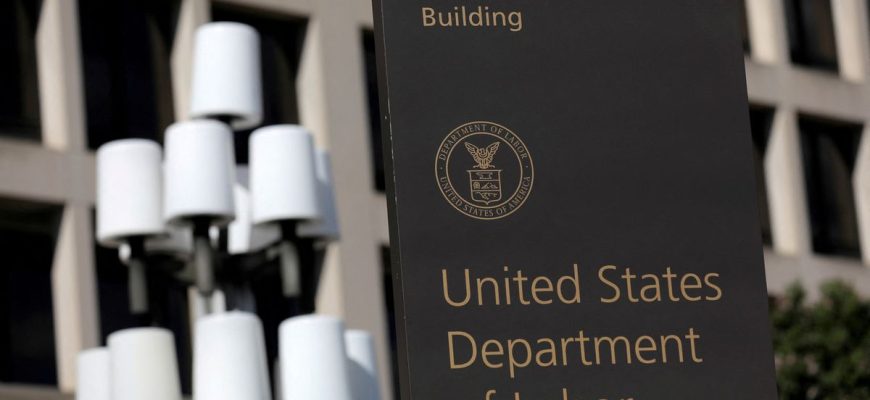SAO PAULO, March 28 (Reuters) – The U.S. Department of Labor on Tuesday awarded a $5 million grant under a cooperative agreement with a U.N. agency to fund initiatives addressing abusive labor practices on Brazilian and Paraguayan cattle ranches, according to a statement.
The project run by the International Labor Organization, a U.N. agency, will advocate for workers in cattle ranching areas of Brazil’s Mato Grosso do Sul state and in the Boquerón region of the Paraguayan Chaco, where labor right violations targeting vulnerable populations have been reported.
“Workers on small- and medium-sized cattle farms that supply larger international cattle production operations often fall victim,” the U.S. Department of Labor said.
“As cattle production in the two countries has expanded to meet global demand, the threat and levels of forced labor and labor exploitation has also grown.”
South America is home to some of the world’s biggest beef companies, including JBS SA (JBSS3.SA), Minerva (BEEF3.SA) and Marfrig (MRFG3.SA). The United States is the second-biggest destination for Brazilian beef exports after China.
Last Friday, the U.S. Department of Agriculture proposed allowing fresh beef imports from Paraguay.
Brazil’s Labor Ministry did not return requests for comment on the grant.
Brazilian labor prosecutors based in Mato Grosso do Sul, tasked with probing labor right abuses in the state, said violations are common on farm towns close to the Paraguayan border.
According to Labor Ministry data cited by the prosecutors, 116 workers, including 41 Paraguayans, where rescued from “slave-like conditions” last year in Mato Grosso do Sul, the highest toll since 2016.
They toiled on cattle ranches and sugar cane plantations, applying herbicides, among other activities, the data showed.
ILO is a U.N. agency that sets labor standards and advocates for policies promoting fair work conditions across the globe.
Reporting by Ana Mano; Editing by Stephen Coates
Our Standards: The Thomson Reuters Trust Principles.

